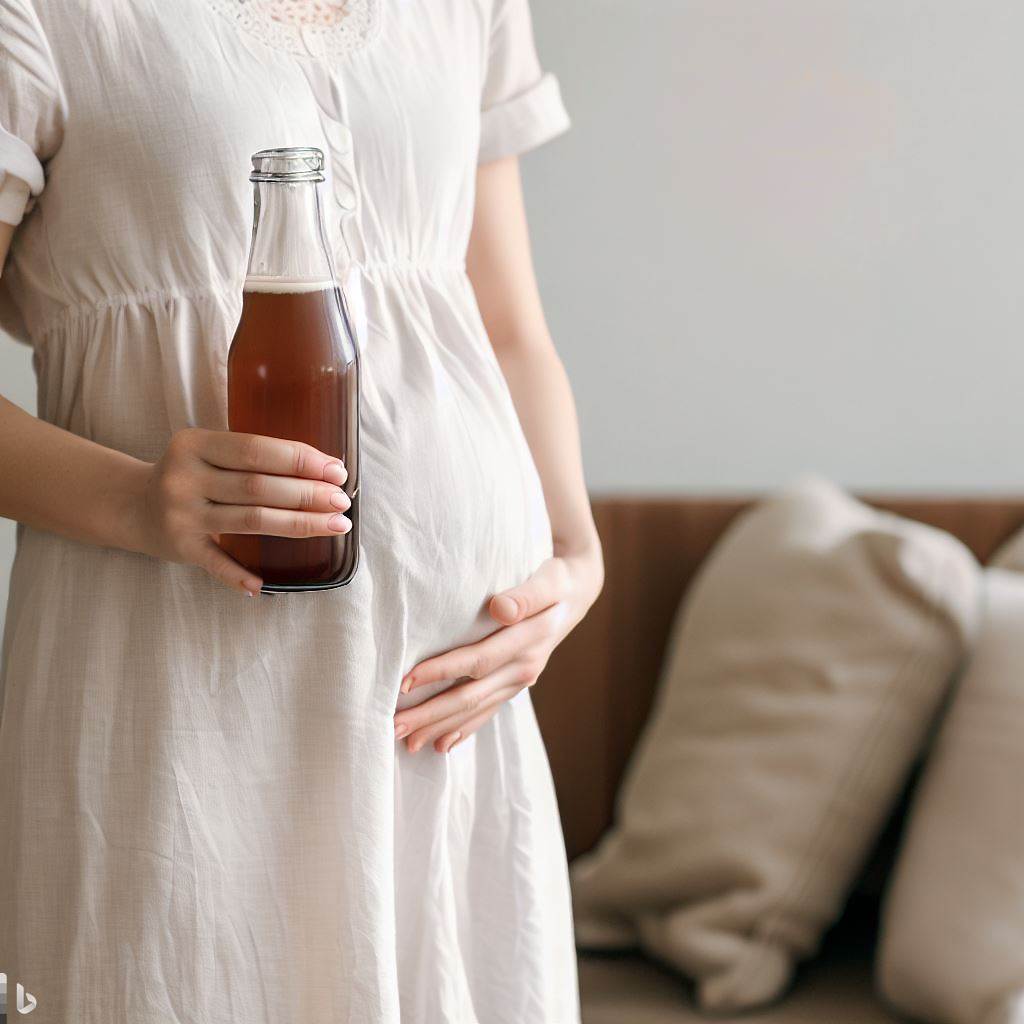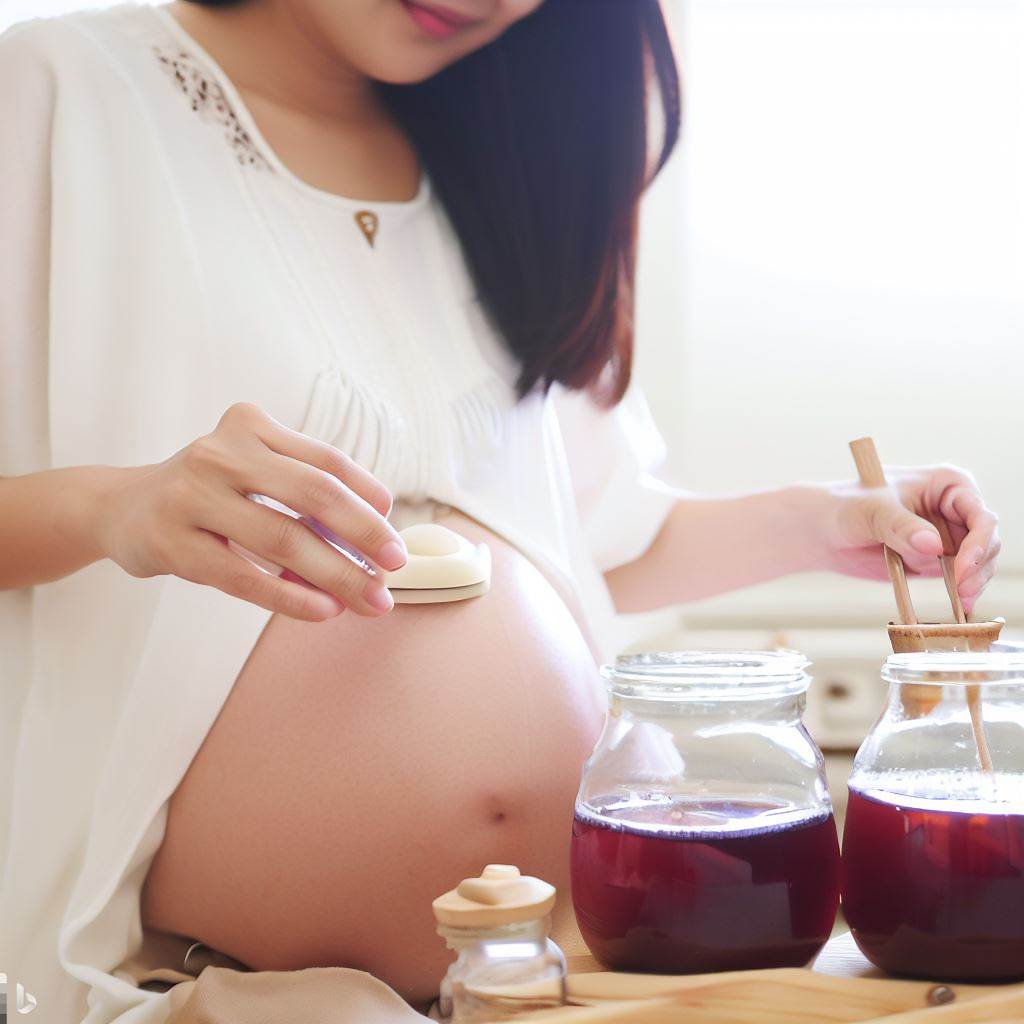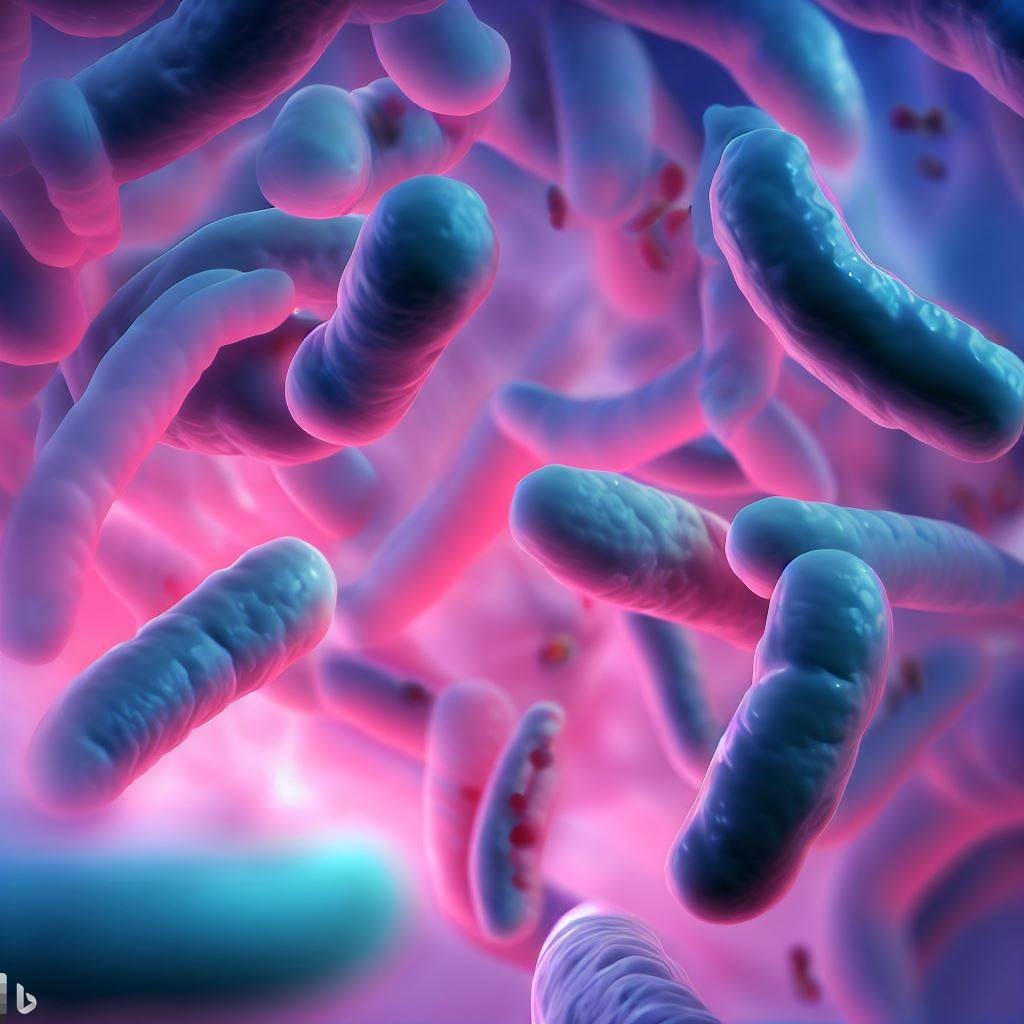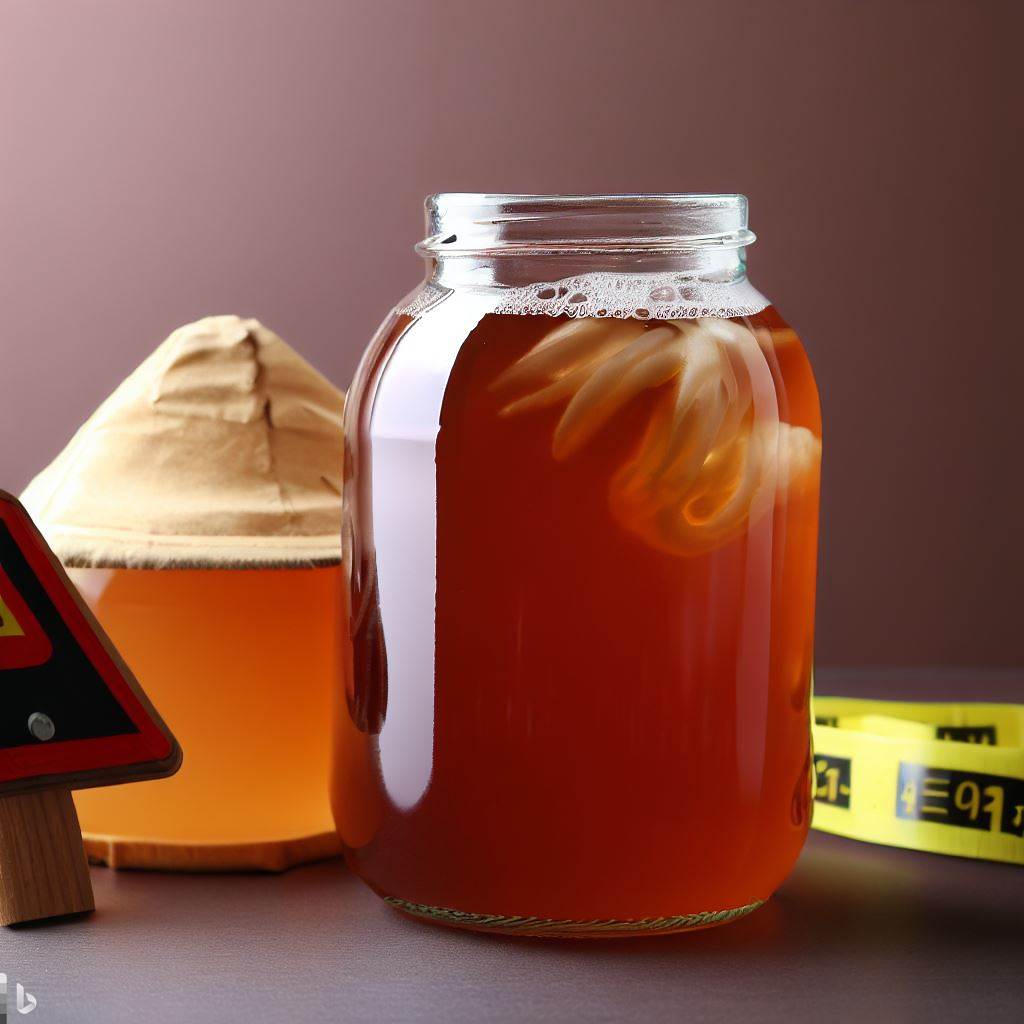Hello, expectant mothers and kombucha enthusiasts! Pregnancy brings along a host of dietary changes and considerations. Amid this sea of dietary do’s and don’ts, a question that frequently arises is about kombucha. Is this fizzy, vitamin-rich beverage safe to consume during pregnancy? This comprehensive blog post will shed light on the intricacies of drinking kombucha during pregnancy.
The Impact of Drinking Kombucha During Pregnancy: An In-depth Review
Before delving into the heart of the matter, it’s essential to understand what kombucha is. This bubbly beverage traces its roots back over 2000 years and is made by fermenting sweetened tea with a culture of yeast and bacteria, also known as SCOBY. The result is a tangy, probiotic-rich drink celebrated for its health benefits.
Having introduced kombucha, let’s now delve into the topic at hand – the implications of drinking kombucha during pregnancy.
Pregnancy and Kombucha: A Complex Relationship
The Good: Potential Health Benefits of Kombucha
One cannot ignore the potential health benefits of kombucha. It contains B vitamins that aid in maintaining a healthy metabolism, Vitamin C that boosts immunity, and a host of probiotics known for their gut health benefits. It’s also a source of antioxidants, compounds that help fight free radicals in your body.
The Bad: Potential Risks of Kombucha Consumption during Pregnancy
While kombucha brings several benefits to the table, potential risks associated with its consumption during pregnancy cannot be overlooked.
Alcohol Content
Kombucha contains trace amounts of alcohol, a byproduct of the fermentation process. While this alcohol content is generally low (usually less than 0.5%), it can occasionally be higher, especially in home-brewed kombucha. Consuming alcohol during pregnancy can lead to potential health risks for the baby, making this a significant consideration.
Caffeine Content
Kombucha is made from tea, which naturally contains caffeine. While moderate caffeine intake is generally considered safe during pregnancy, excessive consumption can pose risks. It’s crucial to monitor your overall caffeine intake, including that from kombucha.
Sugar Content
Commercially available kombucha often contains added sugars to balance its naturally sour taste. High sugar consumption isn’t ideal, particularly during pregnancy, as it can contribute to excessive weight gain and other health problems.
Risk of Contamination
Home-brewed kombucha poses a risk of contamination if not prepared under strictly hygienic conditions. This could potentially lead to foodborne illnesses, which can be especially problematic during pregnancy.
Having discussed the potential risks, let’s now consider what experts have to say about drinking kombucha during pregnancy.
The Expert Opinion on Kombucha and Pregnancy
Due to the aforementioned potential risks, many health experts and dietitians advise pregnant women to be cautious when it comes to consuming kombucha. Some recommend avoiding it altogether, especially home-brewed versions, due to the risk of contamination and variable alcohol content.
If you still want to enjoy kombucha, consider seeking commercially produced versions that ensure low alcohol content and adhere to strict safety standards. And as always, moderation is key.
Stepping away from the expert opinion, let’s now delve into the alternatives to kombucha during pregnancy.
Healthy Alternatives to Kombucha During Pregnancy
If you choose to avoid kombucha during pregnancy but still want to reap the benefits of probiotics and vitamins, there are plenty of alternatives. Consider probiotic-rich foods like yogurt, kefir, or sauerkraut. For a vitamin boost, incorporate a variety of fruits, vegetables, and whole grains into your diet. Always consult with your healthcare provider before making any significant dietary changes during pregnancy.

In addition to these dietary adjustments, it’s essential to maintain hydration. Substitute kombucha with other refreshing beverages like fruit-infused water, herbal teas, or homemade smoothies that can keep you hydrated without the potential concerns that kombucha might pose.
As we transition from alternatives, it’s time to reflect on what we’ve uncovered so far.
To Kombucha or Not to Kombucha?
To summarize, while kombucha is celebrated for its potential health benefits, it might not be the best choice for everyone, especially pregnant women. The potential concerns—ranging from its alcohol, caffeine, and sugar content to the risk of contamination—make it a beverage to approach with caution during pregnancy.
However, this doesn’t mean you have to give up on probiotics or essential vitamins during pregnancy. There are numerous kombucha alternatives that can provide similar nutritional benefits without the potential risks. As we conclude this discussion, it’s essential to remember that each pregnancy is unique.
Conclusion: Personalizing Your Pregnancy Diet
Your pregnancy diet should be as unique as your pregnancy journey itself. The decision to include or exclude kombucha should be based on personal health considerations, potential risks, and consultation with your healthcare provider.
Remember, nutrition during pregnancy isn’t about strict dietary restrictions but about making informed choices for your and your baby’s health. Whether you decide to incorporate kombucha into your pregnancy diet or opt for alternatives, make sure it contributes positively to your nutritional well-being.
In conclusion, pregnancy is a time of transformation, growth, and, most importantly, nurturing a new life. What you consume plays a crucial role in this journey. So, make each bite, or sip, count!
For more insights on health and nutrition, remember to share this blog with your fellow health enthusiasts. Here’s to a healthy, joyful pregnancy journey! Happy Brewing y’all!
(Disclaimer: This article is for informational purposes only and does not constitute professional medical advice. Always consult with a healthcare professional for personalized advice.)
Thanks for reading about Drinking Kombucha during Pregnancy. Please check out more blogs.







